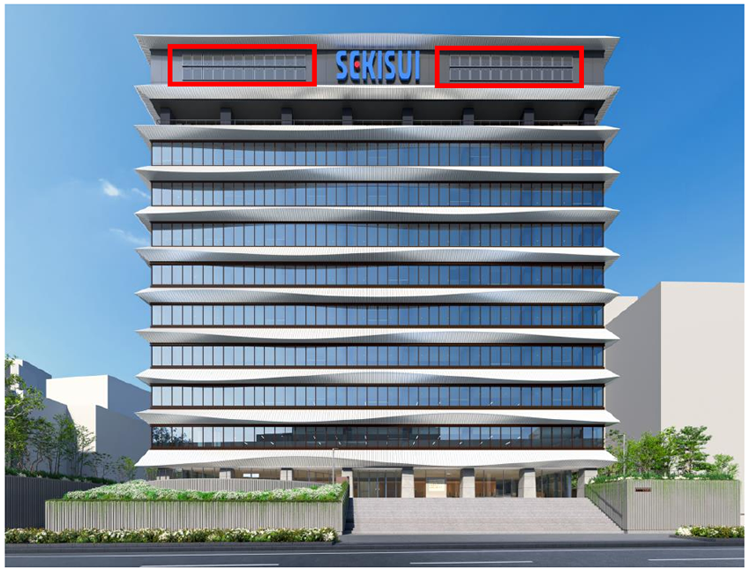A few years ago, Perovskite solar cells (PSC) were a technology confined to technical papers. Yet in 2023, this bendable, lightweight material swiftly progressed from the lab stage to demonstration tests, the success of which should allow it to emerge as a viable and commercial option for decarbonization.
Interest in PSC has emerged at a wide range of Japanese firms. Companies as diverse as Toyota Motor and new-age farming startup Notas are sourcing PSC modules to explore how they can be integrated into the business, and what impact it will have on their green power portfolio and emissions.
However, the rush to revolutionize industry through this more flexible next-generation solar technology is also uncovering some of the limitations of PSC, at least in the form that it exists today. Much like the AI revolution in business processes, there are great aspirations but also great challenges in achieving Japan’s goal of commercializing the PSC sector within two years.
As the number of field trials of glass-mounted PSC modules rises, Japan NRG spoke to consultants at various projects to discuss how the technology was performing and what issues have emerged.

